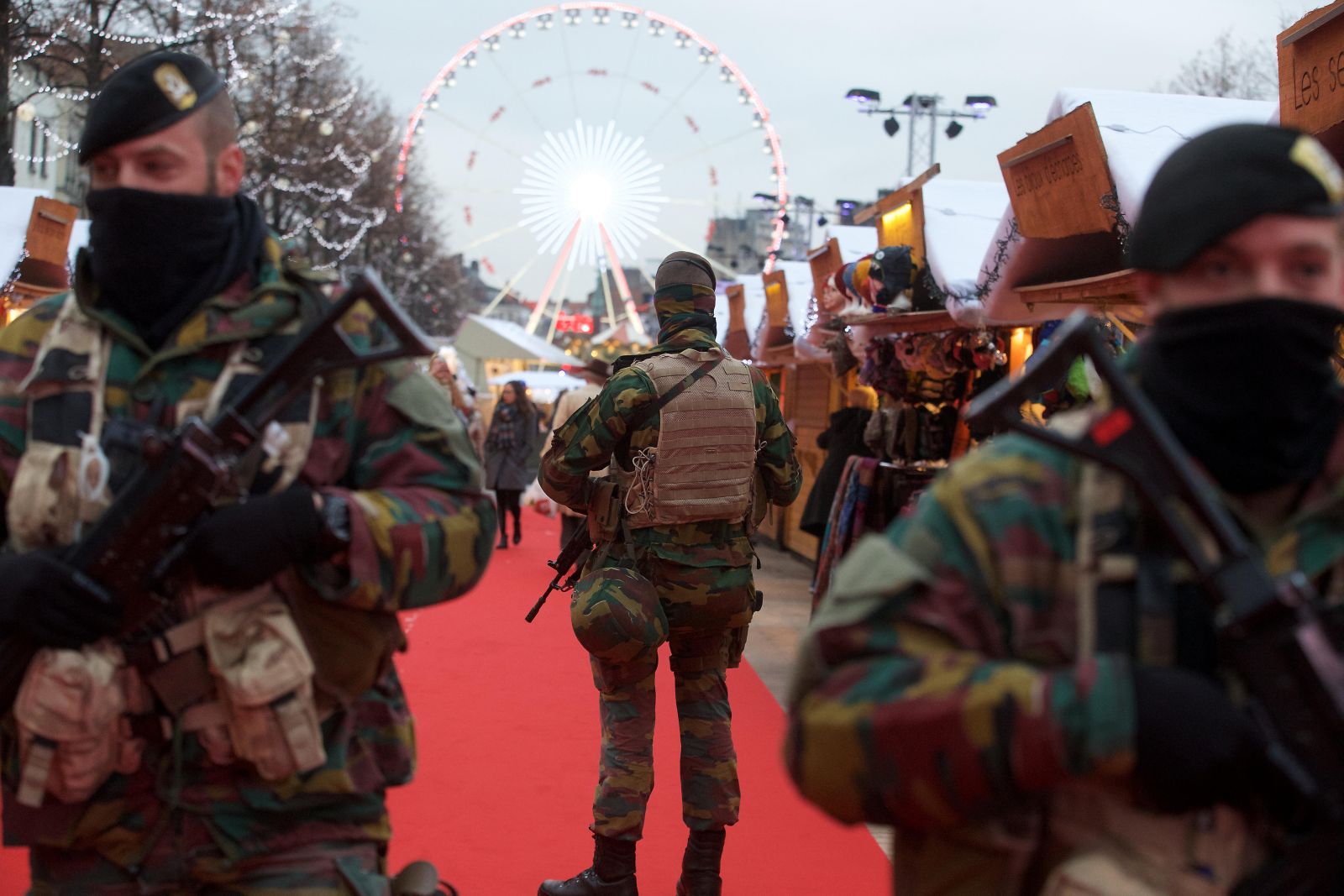Impressions of Danish troops engagement in Afghanistan
“A war” was released in 2015 and nominated for an Oscar (best foreign language film). I only saw it recently, and I will tell you below why I bought the DVD. But first, I’d like to review the movie.
It tells the story of a Danish officer who commands a military outpost somewhere in rural Afghanistan. His troops regularly patrol the area and sometimes become involved in skirmishes with the Taliban. After a soldier is killed, the morale in the military compound declines. Soldiers say they feel like targets and do not think they are marking a difference. The officer tells them their duty is to protect civilian people so they can rebuild their country. In a display of solidarity with his men, he decides to lead patrolling squads himself.
In the next skirmish, one of the soldiers is severely wounded. A helicopter is needed to save him. To ensure airborne support will be made available, the officer claims that his troops are exposed to gunfire from a specific building, and the helicopter is needed to bomb the attackers. The helicopter arrives, bombs the building and rescues the injured soldier.
Soon after, an investigation is started. The reason is that civilian people died in the bomb raid, but no insurgents or weapons were found in the building. The officer is accused of a war crime and sent back to Denmark, where he is taken to court.
Happy to be reunited with his wife and children, he must worry about a possible prison sentence, which would separate them once more. His lawyer tells him he must say that his request for bombing the building was based on reliable information. If he does so, he is likely to be acquitted. Otherwise he will go to jail. The lawyer admits that he is not in the business of ethics and not even interested in the truth. His job is to get an acquittal.
In a private conversation with this wife, the officer says that he cannot lie. His wife tells him that his family needs him. Put on trial, the officer claims to have had the required information but no longer to recall who gave it to him. The problem is that there is a video recording of the skirmish, as one soldier wore a helmet with a camera. The recording shows the officer shouting that he wants the helicopter, but does not care who is in the building. In the end, the officer is acquitted because one of his soldiers declares that he saw gunfire coming from the building.
The movie makes it quite clear that the commanding officer faced a dilemma during the skirmish. By ordering the building to be bombed he broke the rules according to which he had to protect civilian people. On the other hand, his duty was to save his soldier’s life, and the attack of the building served that purpose. Had he not given the order, the injured man would have died. In this setting, every option the officer had was bad.
The screenplay makes no judgment. It shows that judge and jury happily accept the dubious witness statement as valid because they do not want to punish the officer. It is made quite obvious that they empathise with him. The implication is impunity after a war crime. The movie shows the officer’s strong feelings of guilt, but does not offer a solution. In the ancient Greek sense, the ethical dilemma is tragic because however the hero is doomed however he may decide.
The film shows the great disparity between Denmark and Afghanistan. In Denmark, everything is ordered well. Parents worry about how their children’s emotions develop, and in a medical emergency, they simply rush to the hospital. In Afghanistan, parents worry about their children’s mere survival and cannot protect them from violence. In Denmark, the rule of law is taken seriously, while in Afghanistan various armed groups, including NATO troops, take the law into their own hands. People who live in Denmark cannot understand what is going on in Afghanistan, and even the troops deployed to the country largely remain clueless. They don’t speak the local language, they are homesick, and they do not think their mission is helpful.
I read about the movie when it was nominated for an Academy award two years ago, but I only got to see it recently. I bought the DVD because we met a Danish Afghanistan veteran when my family and I were vacationing in Denmark last year. On the outskirts of Copenhagen on a Saturday evening, we had a flat tire, and a man from the neighbourhood helped us to deal with it. Soon, he and I were discussing NATO’s role in Afghanistan, and it was fascinating to see that he agreed almost entirely with what German Afghanistan experts say. Too little had been done to build peace, and hunting down supposed terrorists had caused too much suffering among the civilian population.
The Danish veteran said that he had lost his closest friend in Afghanistan. He also played a supporting role in “A war” and is now working in the film industry, not as an actor, but as a technician who helps to set up difficult scenes.












